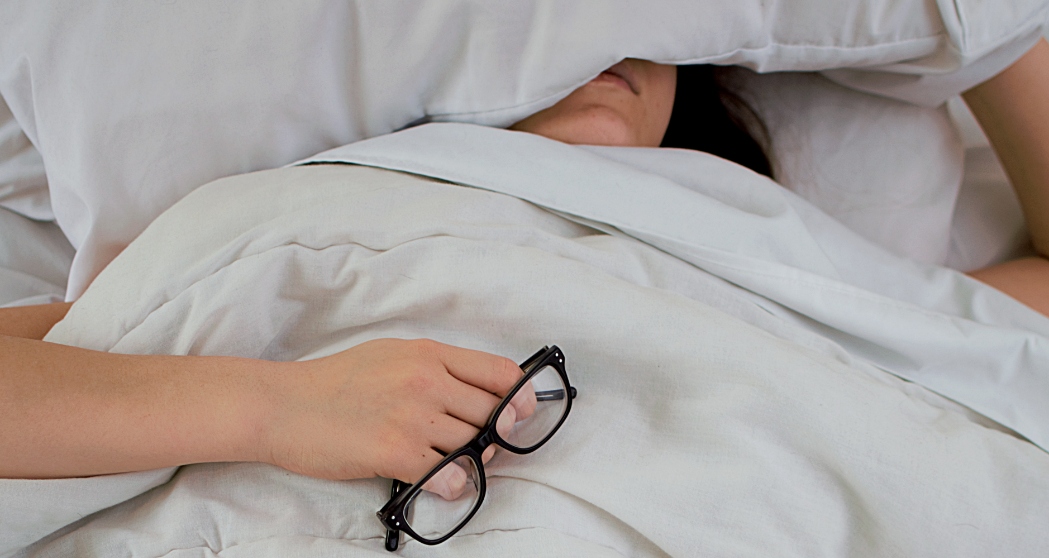This website is using cookies
The company Centrum pohybové medicíny Pavla Koláře, a.s informs you that these pages use cookies. You can find more detailed information about cookies and the processing of personal data in the Declaration on the protection of privacy and the use of so-called cookies . We hereby ask for your consent to the use of these cookies.
Read the article by psychologist Mgr. et Mgr. Pavly Uzlové.
We live in a time that demands a person in the area of what he has to handle physically and especially mentally, a time that is completely unique. A time to which it was not possible to adapt without it taking a certain toll on us. Obsessed with constant action, we often forget the basics. For simply resting, stopping, calming the body and mind.
People in employment are presented with the idea that working many hours of overtime and taking work home is the norm. The leading political representatives compete with each other in how many hours they work a day, while absolute performance and almost zero rest are our role models in all areas of work and family life. As if rest and relaxation were worthless, pointless and unnecessary. But is it really so? Can we really live at this rate? And what will such a life look like?
You've probably already heard of people (if you haven't experienced this situation yourself) who find it difficult, both physically and mentally, when they're on vacation. Indeed, for many people this cessation of experience is quite unpleasant. Although we all have some basic awareness of the harmful effects of stress, we neglect this topic in our daily lives. We deliberately ignore or downplay the warning signs, which include, for example, disturbed sleep, digestive problems, impaired concentration and a general feeling of exhaustion.
What happens when calm gives us restlessness? We encounter this question quite often with clients, and the answers to it are as individual as the individual stories that different people come up with. However, one common denominator is what I would call a disturbed relaxation pattern. This is closely related to a reduced level of perception of one's own body and experienced emotions.
Under the term disturbed relaxation scheme, you can imagine how we do not give our body the balance between performance, action and the above-mentioned rest. The extent to which we have "unlearned" a certain setting that was formed harmoniously and automatically at the beginning of our lives. To better illustrate this phenomenon, I like to give my clients this example: "Imagine that you were only breathing in all the time, but not breathing out". In the long term, it is unsustainable, physically unpleasant to the point of pain, and ultimately incompatible with life.
On the contrary, if we breathe deeply and fully, the body relaxes and begins to relieve itself of tension. The level of oxygen in the body increases, which creates energy and improves the functionality of all body systems, especially the circulatory, immune, muscular, endocrine, digestive, nervous and cardiovascular systems. When we rest, our heart rate calms and slows, we conserve energy, and above all, we improve the body's natural ability to recover and heal, an ability that I believe is worth devoting time to rest. On the mental level, relaxation brings a clear mind, concentration and endurance. It also promotes fuller perception and thinking. It is even necessary to let the mind get bored, to rest in a certain emptiness, so that a new thought, idea, innovation can appear. There is no room for something new and original in an overworked and overloaded mind.
Fortunately, it's never too late to take an "energy inventory" in your life and find out, perhaps even in cooperation with a psychotherapist, how well I manage to maintain a balance between performance and rest, between my ratio of "inhales and exhales" in my life. Another good news is that by consciously working on yourself, the relaxation scheme can be restored and harmonized. Mastering basic breathing exercises and getting to know more intimately at least one relaxation technique is then a good investment for our fuller and above all healthier life.
1.6. 2020 M.Sc. Et Mgr. Pavla Uzlova
Photo by Isabella Fischer on Unsplash

222 204 304
Mon - Thurs 7:00 a.m.–7:00 p.m.
Fri 7:00 a.m.–4:30 p.m.
Do you want us to contact you?
Please do not hesitate to contact us by phone to solve any acute problems. Submitting a request via the form does not guarantee an automatic order. We will get back to you with confirmation within one working day.
Need some advice?
222 204 304
Mon - Thurs 7:00 a.m.–7:00 p.m.
Fri 7:00 a.m.–4:30 p.m.
